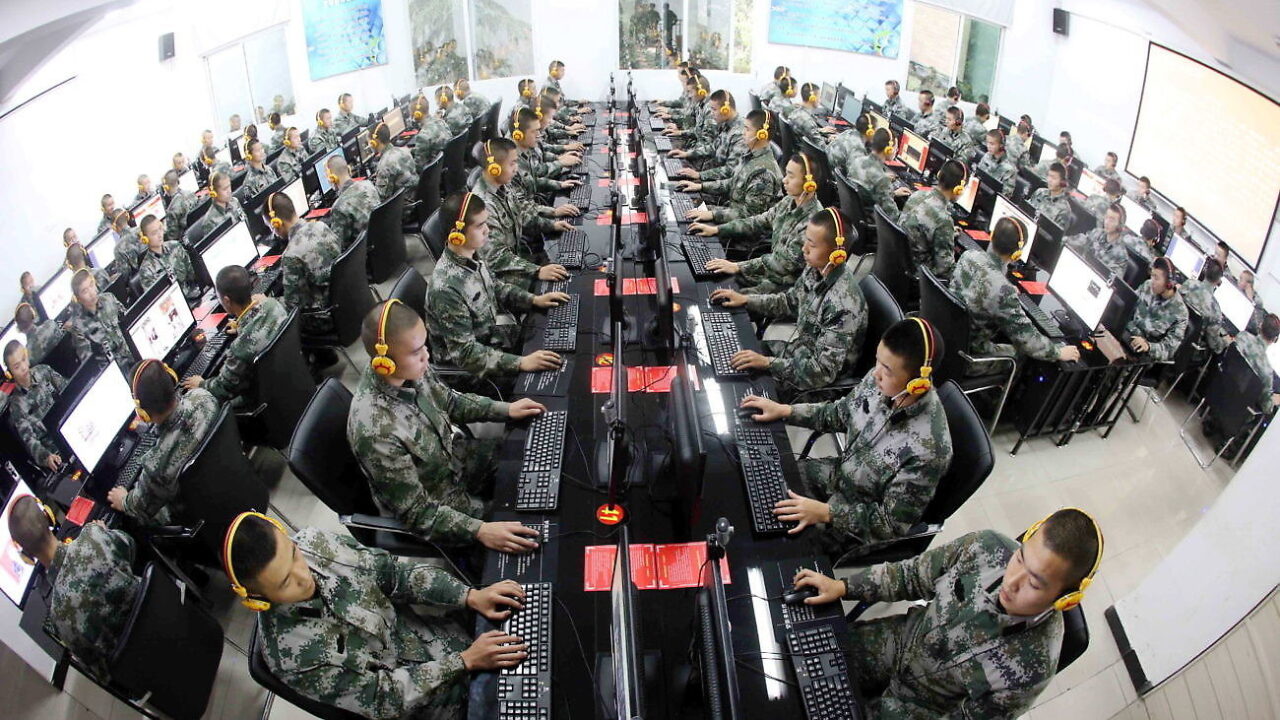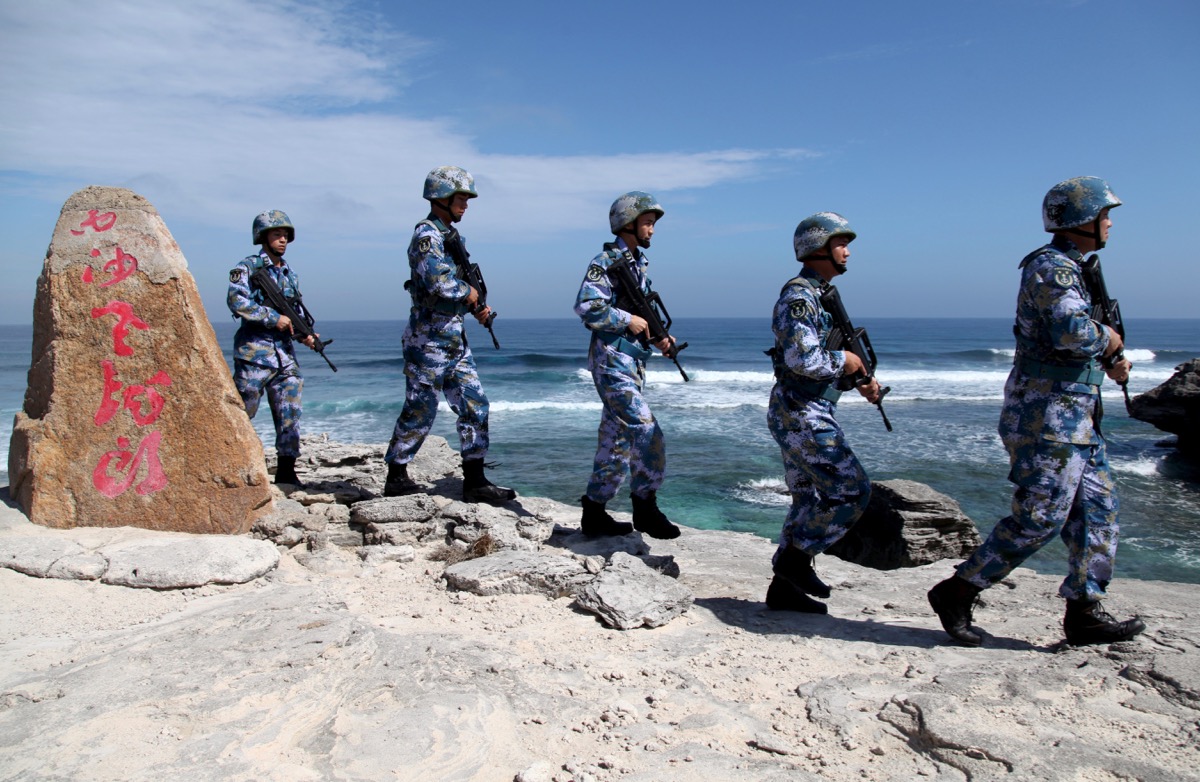.With the rise of global tensions and the evolving dynamics of international relations, the possibility of another world war has become a topic of concern. One of the key players in this hypothetical scenario is China, a rising superpower with significant geopolitical influence. In this article, we will explore China’s potential influence in World War III and its implications for the global landscape.
The Geopolitical Landscape:

In a hypothetical World War III scenario, the geopolitical landscape would play a crucial role. China’s strategic location in East Asia gives it a significant advantage, as it shares borders with multiple countries and has access to vital waterways. Its proximity to potential conflict zones, such as the Korean Peninsula and the South China Sea, amplifies its influence.
China’s Military Capabilities:

China has made substantial investments in modernizing its military capabilities. Its armed forces, known as the People’s Liberation Army (PLA), have seen significant advancements in recent years. China possesses a large standing army, advanced missile systems, and a growing navy. Its military strength could allow it to project power and influence in a potential global conflict.
Economic Influence:

China’s economic influence has been steadily growing over the past few decades. As the world’s second-largest economy, it has extensive trade networks and investments across the globe. In a World War III scenario, China’s economic might could provide it with leverage over other countries, enabling it to exert influence and secure resources necessary for its war efforts.
Technological Advancements:

China has become a formidable force in technological advancements. It has made significant strides in areas such as artificial intelligence, quantum computing, and 5G technology. These advancements could give China an edge in warfare, allowing it to develop advanced weaponry and surveillance systems that could shape the outcome of World War III.
Cyber Warfare:

China is known for its sophisticated cyber capabilities and has been implicated in various cyber attacks in the past. In World War III, China’s proficiency in cyber warfare could disrupt enemy communications, compromise critical infrastructure, and gather intelligence, giving it a significant advantage on the battlefield.
Naval Power:

China has been expanding its naval capabilities, aiming to establish itself as a blue-water navy. It has invested in aircraft carriers, submarines, and advanced surface vessels. This naval power could enable China to project force beyond its borders, control crucial sea lanes, and challenge the naval dominance of other countries in a global conflict.
Regional Allies:

China has cultivated strong diplomatic and economic ties with several countries worldwide. In a World War III scenario, these regional allies could play a crucial role in shaping the conflict. China’s alliances and partnerships could provide it with additional resources, military support, and access to strategic locations, enhancing its influence and impact on the outcome of the war.
Disputed Territories:

China has been involved in territorial disputes with neighboring countries, particularly in the South China Sea and the East China Sea. These disputed territories are potential flashpoints for conflict, and in the event of World War III, they could become battlegrounds where China’s influence and military capabilities would be put to the test.
Proxy Wars:

Proxy wars, where two or more opposing powers support different factions in a conflict, have been a recurring feature of global conflicts. China’s influence and resources could make it an attractive ally for various factions, allowing it to engage in proxy wars and extend its reach without direct involvement in the main theater of conflict.
Nuclear Arsenal:

China possesses a significant nuclear arsenal, which includes intercontinental ballistic missiles capable of reaching major cities around the world. This nuclear deterrent could act as a powerful tool for China, deterring potential adversaries and influencing their decision-making processes during World War III.
Soft Power and Propaganda:

China has been investing in soft power initiatives to enhance its global image and influence. Through cultural diplomacy, media outlets, and educational exchanges, China aims to shape narratives and promote its interests. In World War III, China’s soft power and propaganda efforts could be intensified, aiming to rally support from other nations and win the hearts and minds of the global population.
Conclusion:
China’s influence in World War III would be significant and far-reaching. Its geopolitical location, military capabilities, economic influence, technological advancements, and diplomatic alliances position it as a key player in any global conflict. Understanding China’s role in such a scenario is crucial for assessing the potential outcomes and implications for the world order.
FAQs:
Q1.What role would China play in World War III?
China would play a significant role in World War III. Due to its geopolitical location, military capabilities, economic influence, and technological advancements.
Q2.How would China’s military capabilities impact the war?
China’s military capabilities. Including its large standing army, advanced missile systems could allow it to project power and influence in a global conflict.
Q3.What is China’s soft power?
China’s soft power refers to its ability to shape narratives. Promote its interests, and influence public opinion through cultural diplomacy, media outlets, and educational exchanges.
Q4.Could China engage in proxy wars during World War III?
Yes, China’s influence and resources make it an attractive ally for various factions. Enabling it to engage in proxy wars and extend its reach without direct involvement in the main theater of conflict.
